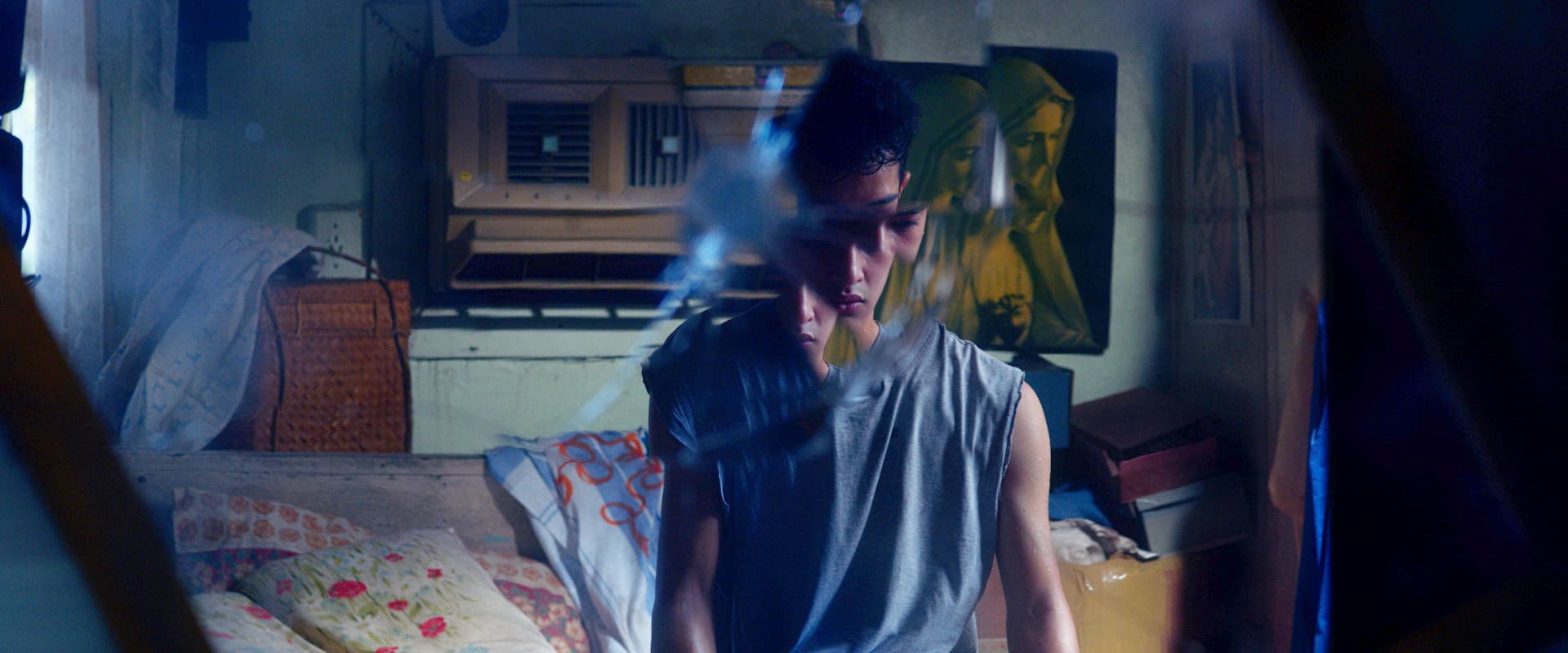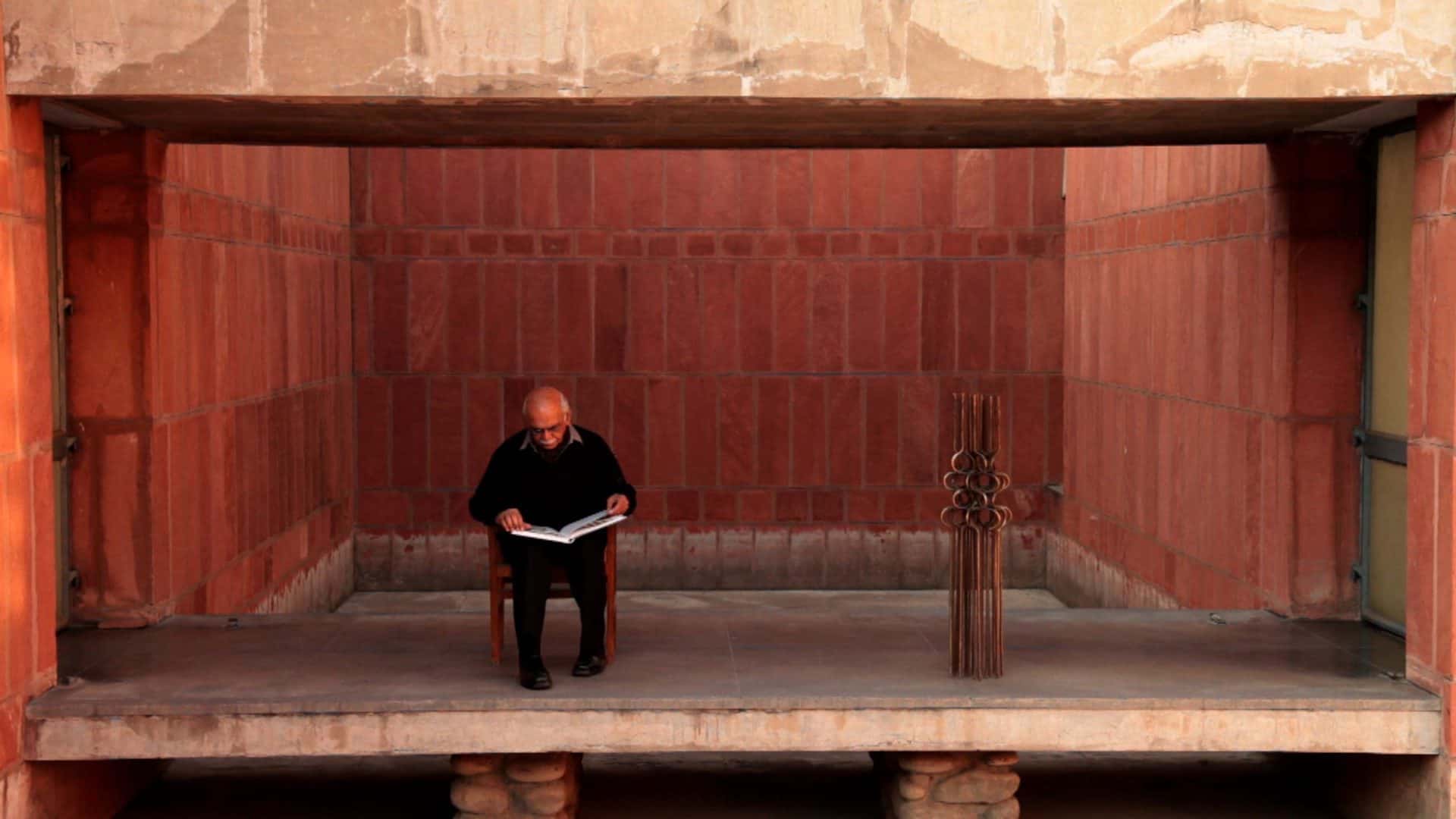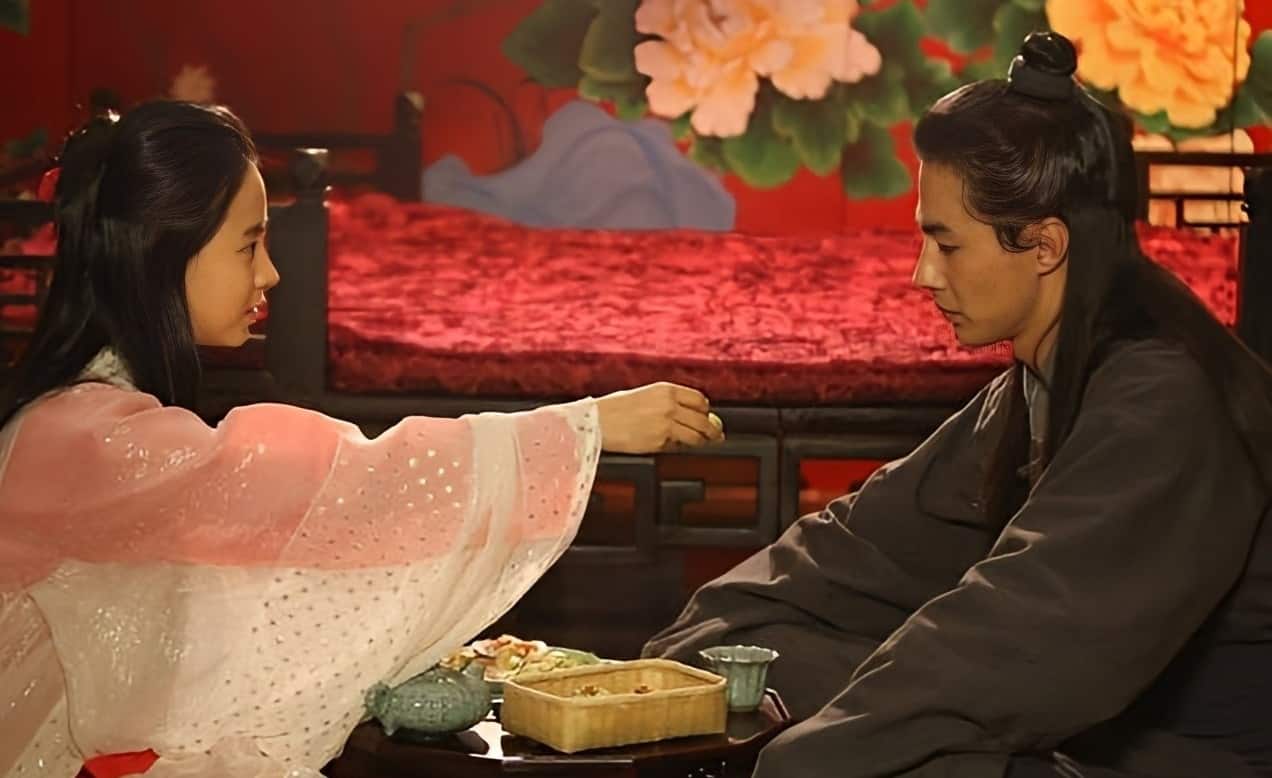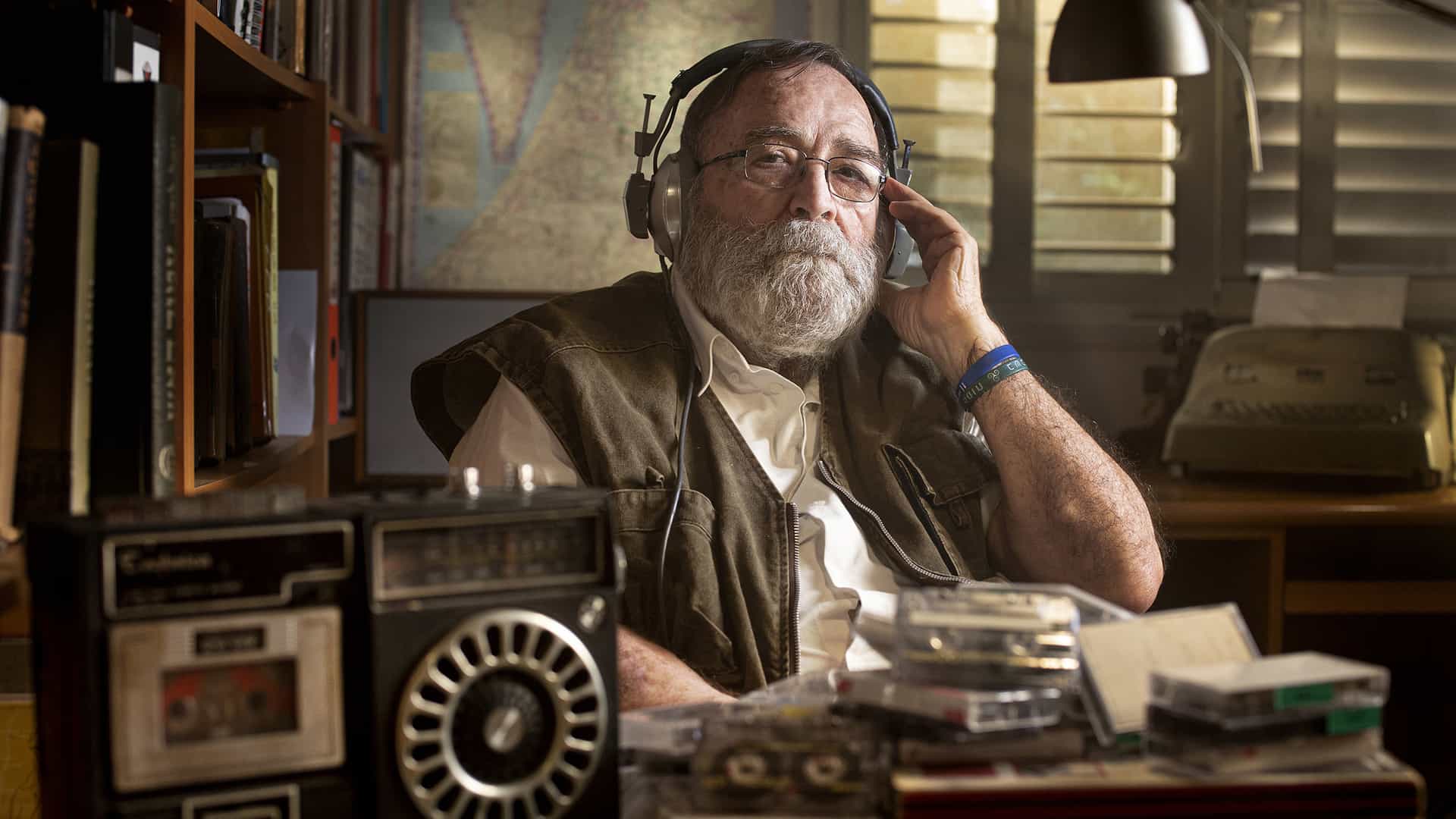A number of years before “Rom”, in 2014, there was another Vietnamese film that screened while being banned in its home country, although most probably for completely different reasons (the Vietnamense Censorship never gave out the reasons for banning the film). “The Inseminator” focuses on the tribes living in the remote mountains of Vietnam, presenting a story that is both brutally harsh but also beautifully coated in magical realism and modern art.
“The Inseminator” is screening in Locarno Film Festival
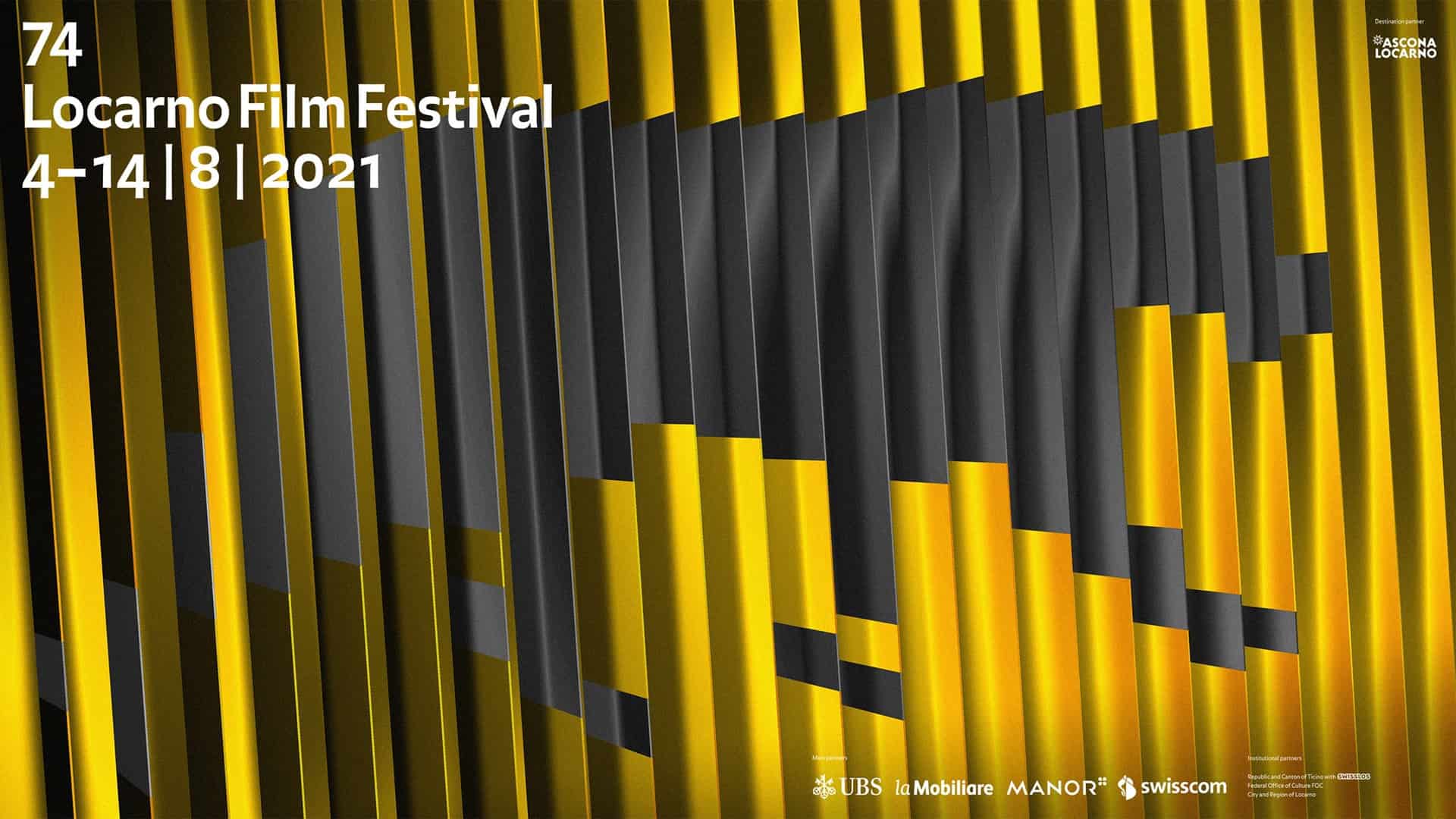
The story revolves around a family of three. Mr Boi, the father, Tu, his beautiful adult daughter, and Ngo, the 16-yeal-old who is mentally handicapped to the point he cannot even clean himself properly. However, the three of them have managed to achieve a level of balance, with the father and daughter taking care of the land, the house and the boy, despite the fact that there is not even electricity in the area. However, things take a turn for the worse, when the time is up for Ngo, according to local customs, to find a wife and “pass on the seed of our ancestors” as his father repeatedly tells him. However, the boy, evidently, cannot go to the local love market, where the matchmaking seems to happen and bring in a wife (even kidnapping her, as his father suggests), to the growing frustration of Boi, since according to local mythology, terrible punishments will befall him in the afterlife, if he allows his family's seed to disappear.
Eventually, violence ensues, as Boi's efforts to wake up his son's libido and to guarantee the continuation of his line prove ineffective, while, inevitably, he decides to look inwards rather than outwards regarding the solution of his problem.

Kim Quy Bui directs a film that changes its narrative and visual approach repeatedly as the story progresses. In the beginning, the feature is essentially dialogue-less and with an approach that looks much like a documentary. As soon as the concept of the line comes to the fore, so does the dialogue, although mostly deriving from the father, whose frustration fills the screen. A bit later, and as violence and incest become part of the equation, so does the world of dreams becomes a part of the narrative, which takes a surrealistic path towards a much higher level of artistry. These changes and the way Kim Quy Buy transitions from one another, with the help of his own and Lena Keravec's editing, are among the best aspects of the movie, essentially carrying it nicely for the whole of its 87 minutes, despite the lack of dialogue and the relatively slow pace.
Visually, the surrealistic/dream-within-reality parts are the ones that steal the show, along with the recurring shots of the characters standing on the top of the mountains looking at the clouds, which highlight the beauties of the area in a rather ominous fashion. The red baby dolls that fill the screen, the sculptures of male genitalia and women's backside, the people hanging from the trees upside down, mummified, and the recurring images of worms moving, are the most dominant of this approach, while also having a contextual significance, as they represent both what is happening in the mind of the characters, but also what is about to happen, in the most impressive way. Xuan Truong Dang's cinematography manages to capture all the aforementioned elements in the most artful fashion, in another of the movie's traits.
Furthermore, Kim makes a number of psychological, philosophical and social comments through the narrative, with the concept of patriarchy and the continuation of the line, the lack of knowledge and subsequently, proper care of mentally handicapped people, the issues of seclusion, sex, adolescence and parenthood all being present in the narrative.
The acting is also on a very high level. Viet Son Le as the father is the one with the most lines, with his frustration and despair being well communicated, as much as his ignorance regarding his son's abilities. His description of how he acquired his wife, and most of all, what happened during his son's birth, is among the chilliest in the title. Thu Trang Nguyen as Tu has the most daring part, which she communicates mostly through her eyes, occasional smile and body stance, while the transformation she undergoes is another of the great elements of the movie. Trung Kien Nguyen as the son is quite convincing as the mentally handicapped teenager, while the way he mimics the movements of the worms is an image that will definitely stay on the mind of the viewer.
“The Inseminator” is a very difficult film to watch, with a number of its concepts being among those many people consider taboo, and the realism with which the violence is depicted can be hard to watch. However, if one could see beyond these elements, he would discover a rather well-shot and artful title that also manages to make a number of comments through its extreme and unusual presentation.



